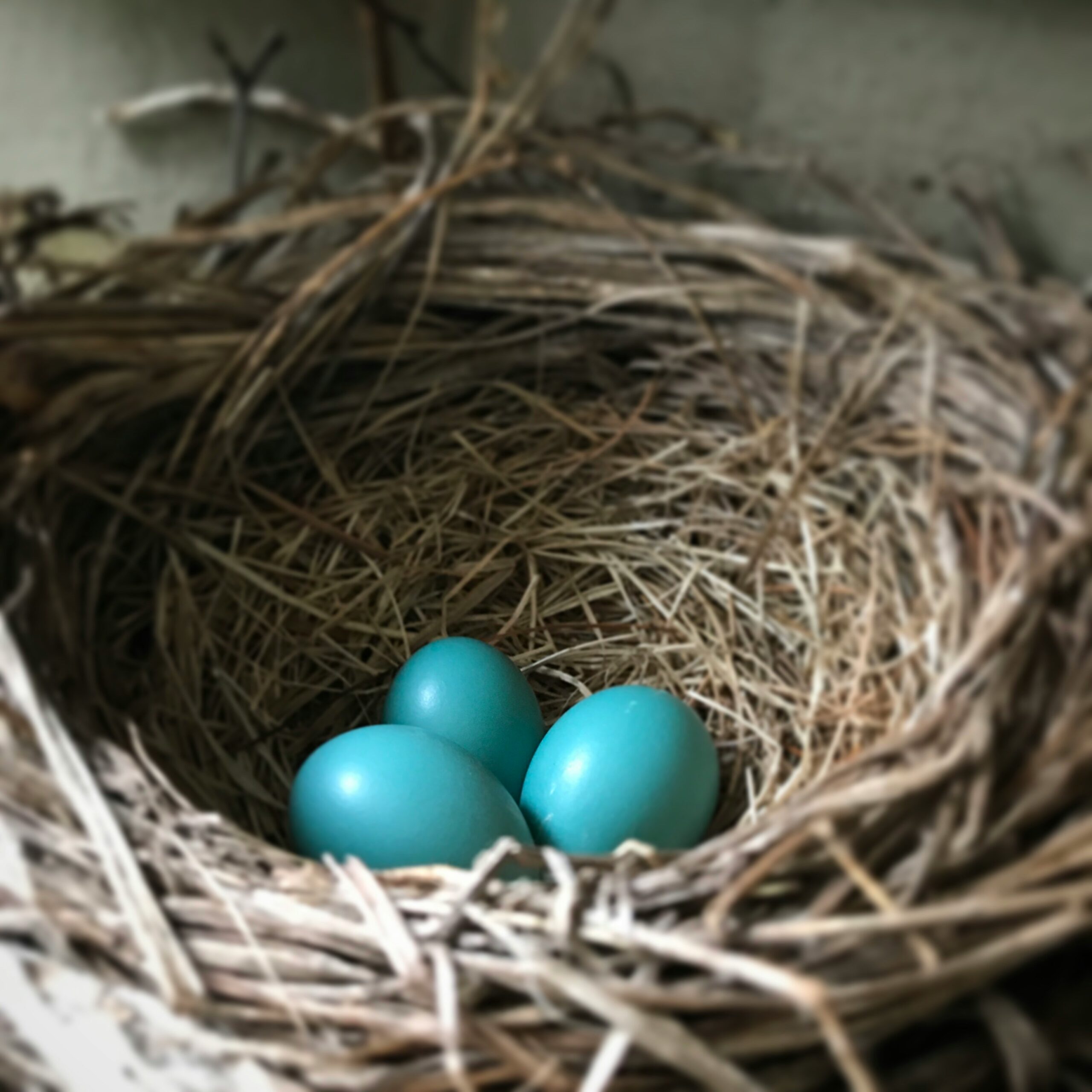August 1, 2024
I had the golden opportunity to have a discussion with Lisa McClenahan, Certified Life Coach and Women’s Circle Curator who specializes in work with women navigating empty nest syndrome. Having coached women individually for years, Lisa’s coaching circles evolved out of her own need to process her grief around empty nesting. And from that first circle supporting herself and others, her women’s circles were born. Having guided many women through this transition, Lisa shares her wisdom, insight and tools to support empty nesting parents. This blog post highlights her golden nuggets. Enjoy!
What is Empty Nest Syndrome?
Empty nest syndrome refers to the feelings of sadness, loneliness, and loss that parents may experience when their children leave home for college or other pursuits. This transition can be emotionally challenging as it marks the end of a significant chapter in both the parents’ and the child’s lives. Lisa shares though this experience for parents is common, it is far from easy to process. In this blog post, Lisa offers the processes she used herself and with others she coaches. If you are inspired to reach out to Lisa, her contact information is shared at the bottom of this post.

How It Affects Parents
Empty nest syndrome often takes parents by surprise. Many spend years focusing on their children’s needs, only to suddenly find themselves with a quieter, emptier home. This shift can be particularly intense for those whose identities have been closely tied to their role as caregivers.
For women, the experience can be tied to a sense of identity and purpose, as many mothers invest heavily in their children’s day-to-day lives. Women tend to feel the effects well before their child moves out of the home, often a year before they leave for college. Men feel a profound sense of loss as well, but it can manifest differently, often linked to a disruption in routine and household dynamics. And men tend to feel the profound effects of the change after the child has left.
The Feeling of Loss and Change
This experience is not just about the physical absence of the child. It encompasses a broader sense of loss:
- Family Dynamics: The family structure changes significantly when a member leaves, altering daily interactions and responsibilities.
- Social Circles: Parent communities and social circles might shift, especially if much of the parents’ social life revolved around their child’s activities.
- A Crisis Moment: This period often feels like a crisis, similar to grieving. Parents may feel a deep sense of sadness and disorientation, grappling with the void left by their child’s departure.
Understanding this process fully can be challenging unless one has themselves gone through it. This is why community and having someone to talk to about the empty nesting experience is so important.

How to support yourself during this time of empty nesting
- Connect with Others:
- Talk to friends who have experienced empty nesting.
- Join support groups or online communities where you can share your feelings and receive advice.
- Consider working with a coach or therapist who can guide you through this transition and help you process your emotions.
- Process the Feelings:
- Letting Go: Acknowledge that it’s normal to feel a sense of loss. Allow yourself to grieve this change.
- Embrace a New Role: Focus on the new opportunities this phase brings. Consider what you can do, now that you have more time and freedom.
- Positive Approach: Shift your perspective from what you’ve lost to what you have gained. Celebrate your teen’s milestones and your role in their journey.

Tools for Healthy Empty Nesting
- Human Support:
- Seek professional guidance from coaches or therapists.
- Join support groups where you can share your experiences, reflect on the process, and set new goals.
- Surround yourself with a circle of friends who understand and support you.
- Develop a Centering Practice:
- Practice mindfulness, meditation, or yoga to help manage stress and stay grounded.
- Express your emotions through journaling or talking to trusted friends.
- Learn to relax through discomfort and pain, allowing yourself to heal.
- Get Positive Support:
- Spend time with people who uplift you.
- Engage in activities that bring you joy and fulfillment.
- Rediscover old hobbies or learn new ones.
- Seize the Opportunity:
- Use this time to explore new interests, start a business, or volunteer.
- Pursue passions that were on hold while raising children.
- Reinvent yourself and embrace this new phase of life.
- Connect with Your Spouse:
- Plan activities, retreats or trips together to strengthen your relationship.
- Find new ways to enjoy each other’s company and deepen your connection.
Closing Thoughts
Empty nest syndrome is a significant life transition that brings a mix of emotions. While it feels like a crisis moment, it’s also an opportunity for growth and reinvention. Embrace this change with an open heart, seek support when needed, and focus on the new possibilities that lie ahead. Your journey as a parent continues, just in a different form. Remember, this is a time for self-discovery and building a fulfilling life beyond parenting.
To connect with Lisa McClenahan, she can be reached via Instagram: @mcclenahanlisa or email: goddesscoachlisa@gmail.com
__________________________
Sign up for The Peaceful Teen Newsletter and receive insights, tools and resources right to your inbox…to support a peaceful teen and harmonious household.


Wonderful blog – thank you for interviewing me! I would love to answer any empty nesting questions from your readers!
Thank you for sharing so much wisdom and guidance!